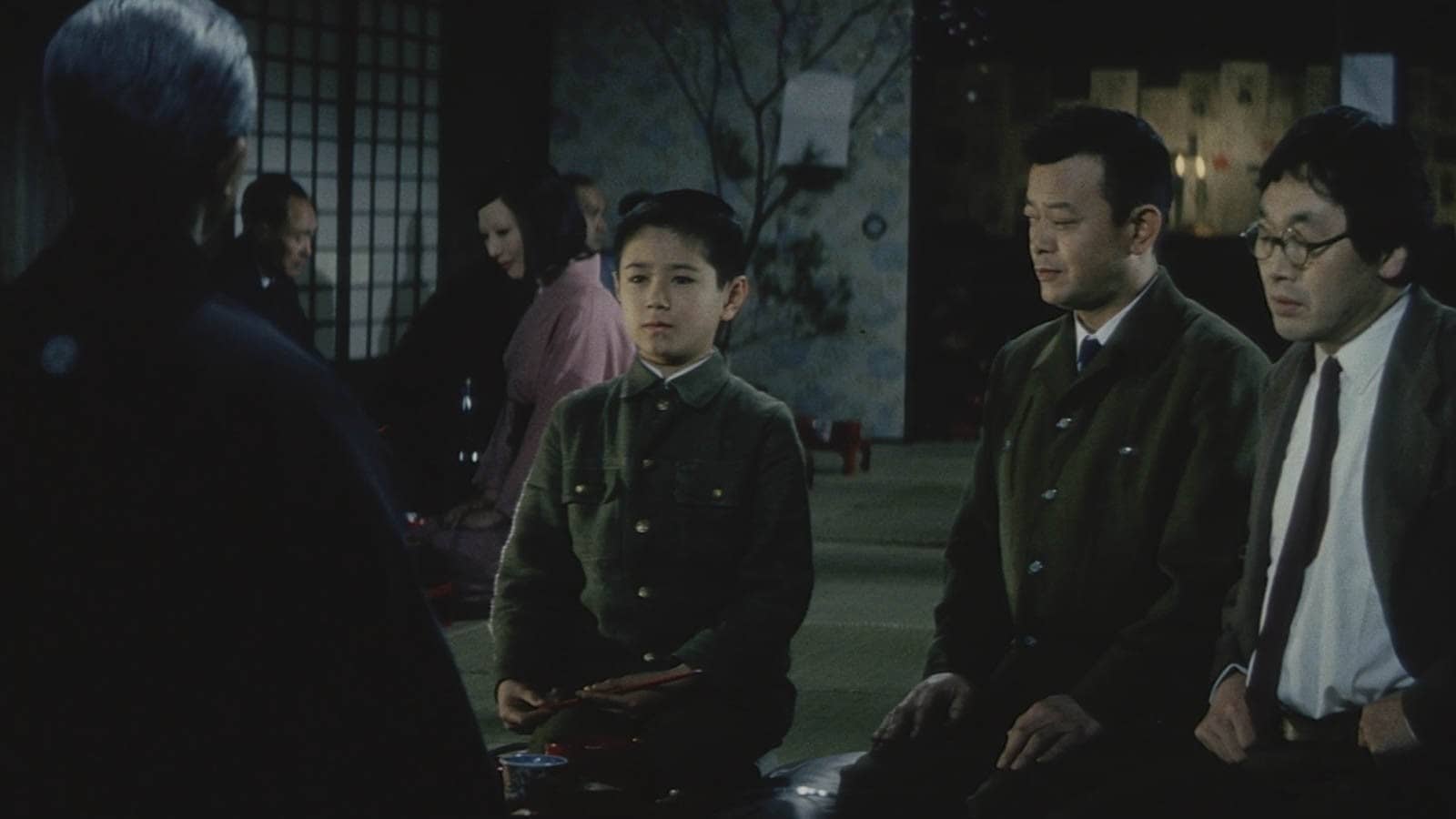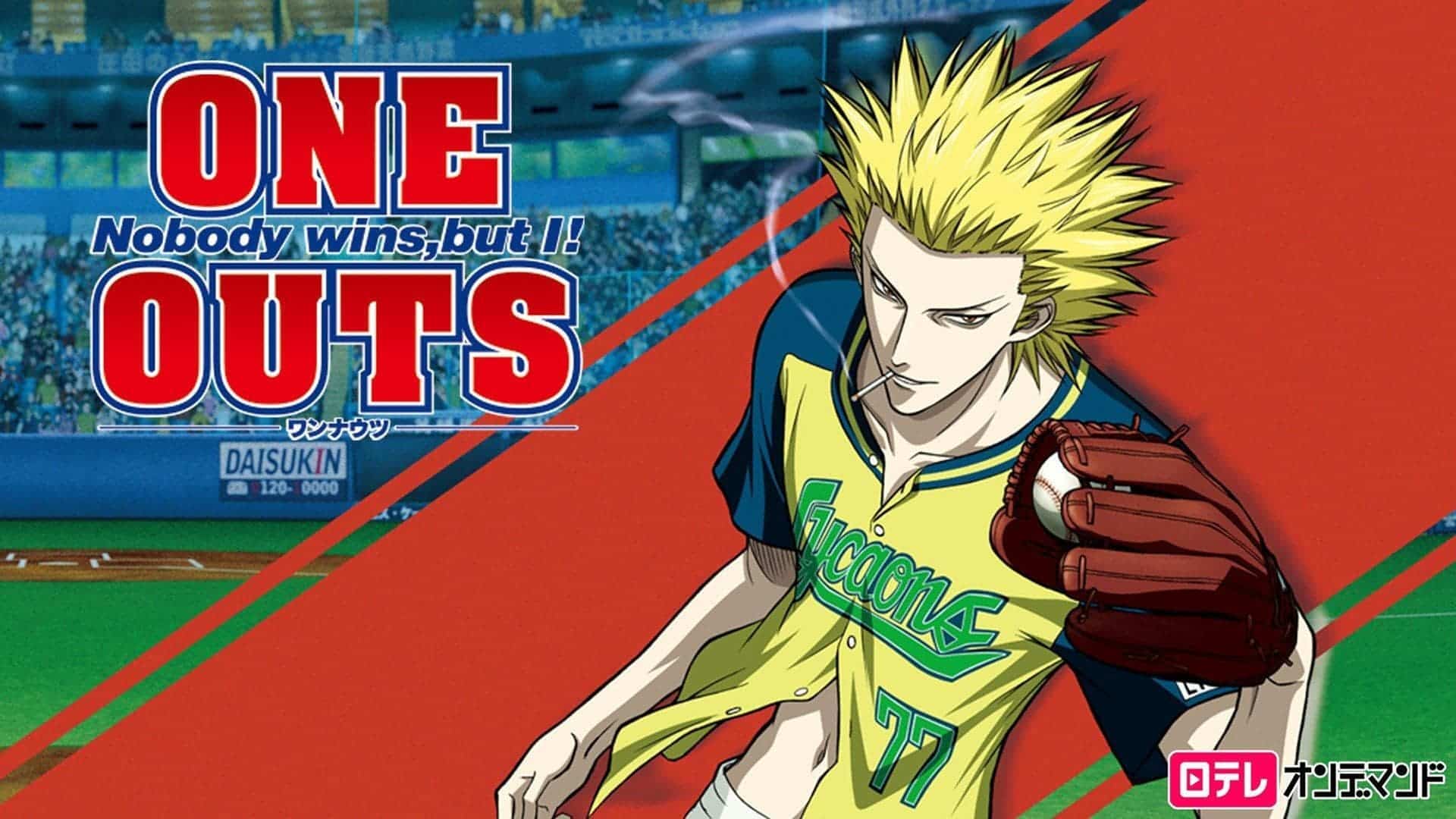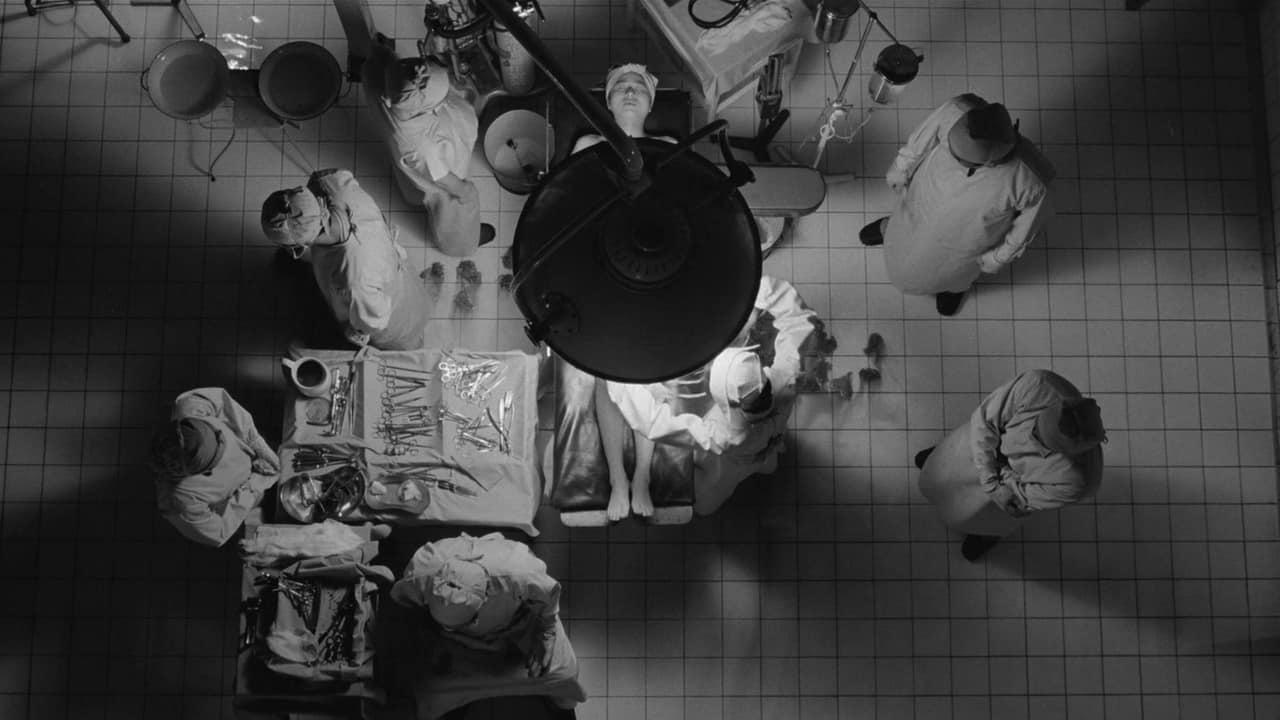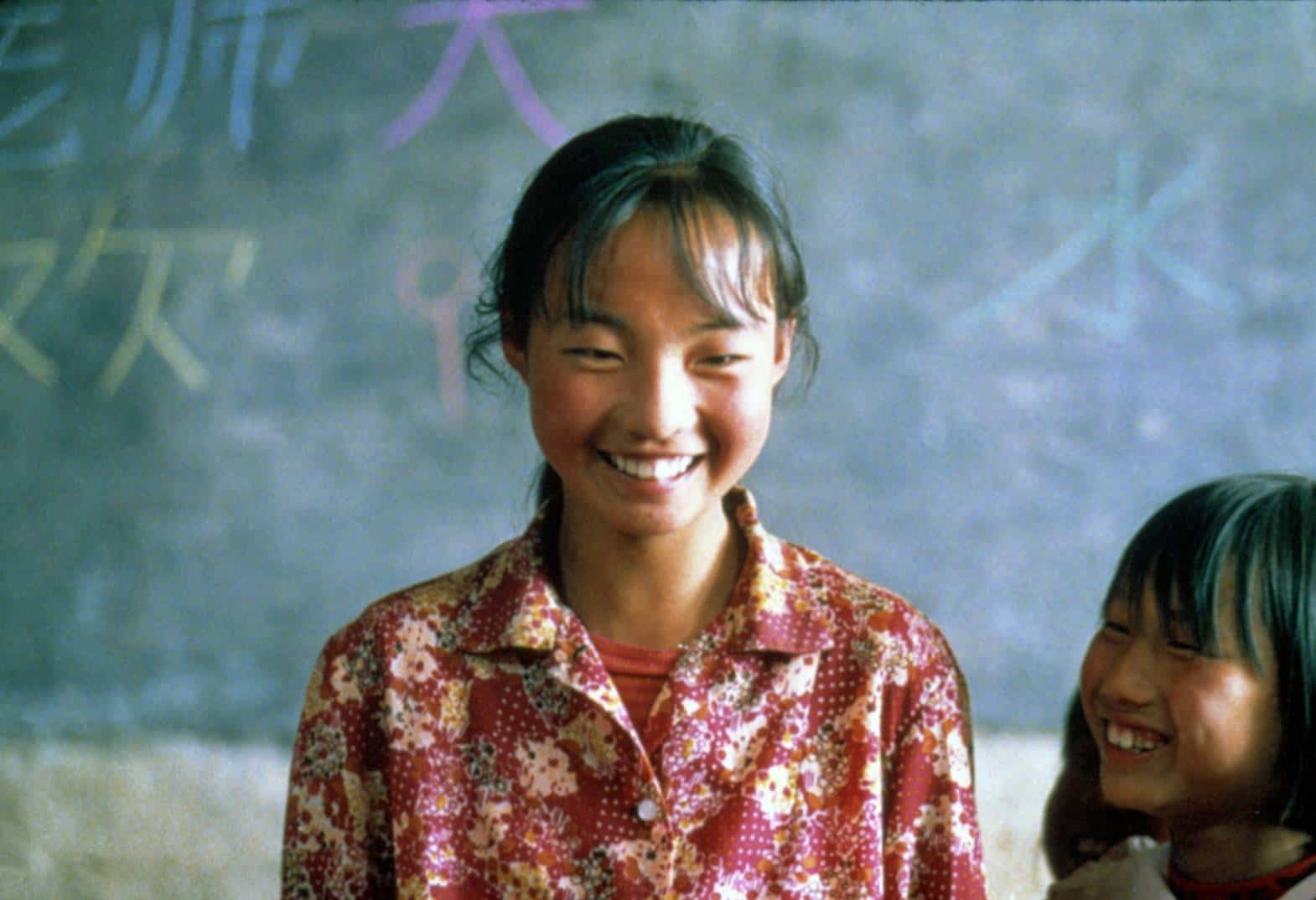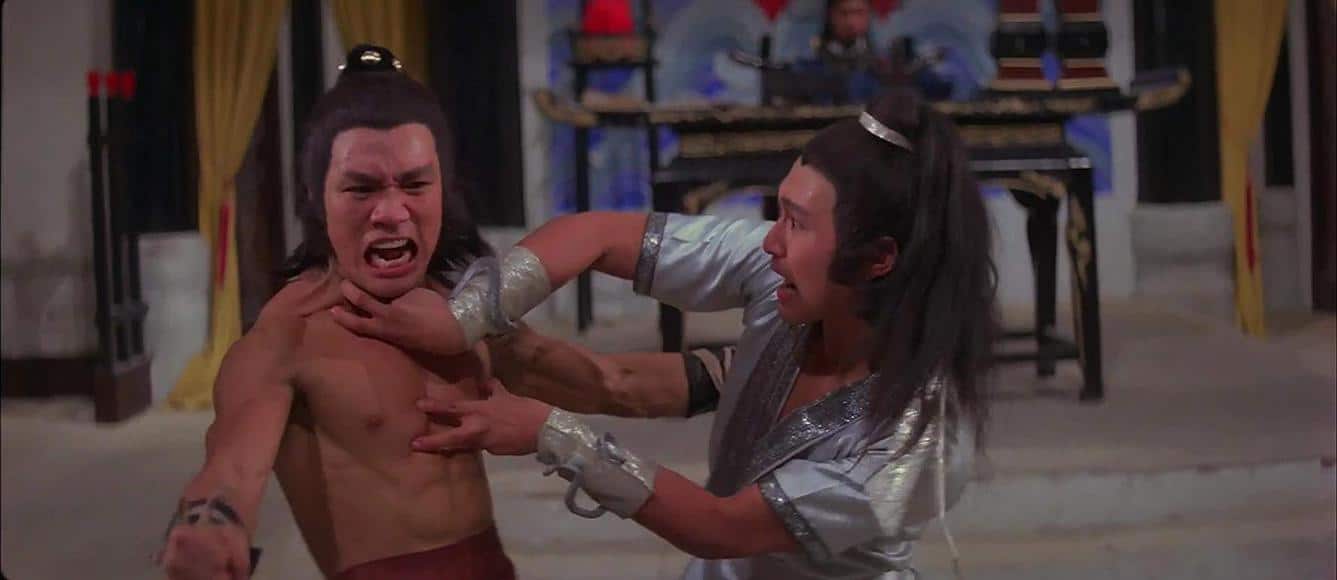The thematic of bullying has produced some of the most memorable Asian film during the 21st century, with films like “Confessions”, “Liverleaf” and “King of Pigs” first coming to mind. “All About Lily Chou-Chou” includes a story of at least equal impact, although through an almost experimental and definitely art house approach. Let us take things from the beginning though.
Buy This Title
The story revolves around two boys, Yuichi and Hoshino, starting from the first term of junior high school and finishing after the second, although in a non-linear narration, that begins midway, goes back to the beginning and then to the present again. The two of them become friends when they both join the kendo club, with Hoshino proving kind and very communicative, in contrast to the timid, introvert Yuichi. A summer trip to Okinawa after the end of the first term, and a near-death experience Hoshino endures, changes him immensely. Starting next term, he becomes a harsh manipulator of everyone around him, bullying Yuichi constantly and harshly, and even prostituting a classmate of theirs, Shiori, after blackmailing her. Shiori seems to have feelings for Yuichi, but he is interested more in Yoko, another alienated student, who also falls victim to Hoshino and his gang in the harshest way. Through all these torturing experiences, Yuichi's only solace is pop idol Lily Chou Chou's music and a fan site dedicated to her he is administrator of.
Iwai directs and writes a truly shocking film regarding school alienation and the terrifying cruelty of teenagers that leads to harsh cases of bullying. The diptych of Yuichi and Hoshino represents the victims and the perpetrators of both the aforementioned concepts, with the narrative focusing on the impact their (in)actions have both on them and those around them. The fact that both are unable to escape the circle of violence, some additional revealing regarding Hoshino's radical change, and the truly shuttering finale stress the fact that in these concepts, everybody is a loser. Furthermore, Iwai seems to blame the parents for their torments, with them either being completely ignorant to what is happening in their children's lives or completely unable to handle any issue that arises, with the scene in the principal's office between Yuichi and his mother being the most evident sample.

In the 146 minutes of the movie, Iwai also deals with a plethora of other issues of contemporary Japanese society, such as Jk business (compensated dating between older men and adolescent girls), rape, social media (even in their early form of chat rooms) and the concept of idols.
However, his presentation of all the aforementioned is implemented in an abstract way, with many “artistic” intervals in-between the progress of the story, in a tactic that makes the film more beautiful, particularly through the combination of image and the almost constant use of classic and electronic pop, but in essence strips a great story from the impact it could have with a more “traditional” approach. This style is chiefly represented in the concept of Lily Chou Chou, a pop idol who never really appears in the film, although her impact is evident by the protagonists' conduct, particularly regarding their neediness for something to hang on due to their alienation.
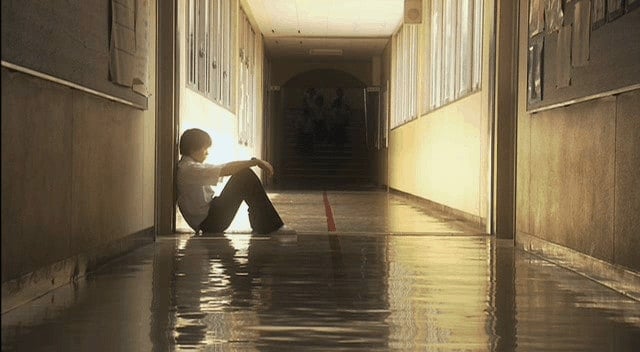
Noboru Shinoda implements this tactic in the cinematography with a plethora of out-of-focus shots that offer extensive (and abstract) images of the young actors' sentiments, in a number of mesmerizing scenes, while he uses handheld camera's extensively.
And talking about young actors, both Hayato Ichihara as Yuichi and Shugo Oshinari as Hoshino are great in their radically different parts, with the former functioning as the “perfect victim” and the second as the “noble villain” archetypes. Yu Aoi in her debut in film as Shiori, is also great in a rather dramatic role.
Yoshiharu Nakagami's editing implements the dreamy/nightmarish aesthetics of the film quite artfully, although at times I felt that a number of scenes could be cut from the final version.
“All About Lily Chou” is one of the most prominent entries in the bullying thematic and a rewarding film, which could have been great if for a different directorial approach, that would make a more sure choice between arthouse/experimental and mainstream.




